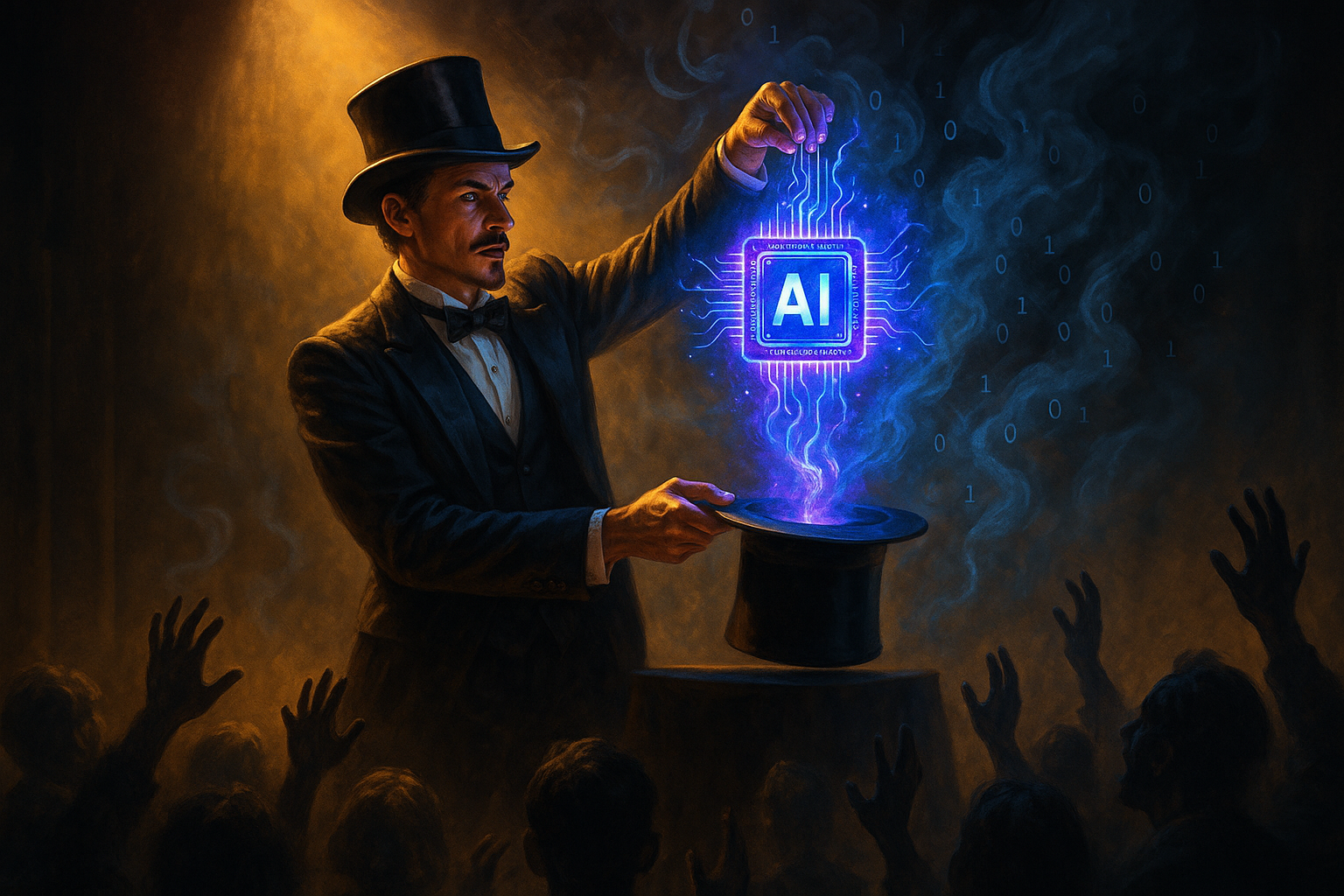When was the last time your AI said "I don't know"?
The real danger today is not that AI is smarter than we are but that we think it is and trust it to make decisions it should not be trusted to make.
There’s a peculiar moment in every magic show when the audience stops questioning what they’re seeing. The magician’s confidence, the seamless presentation, the sheer audacity of the impossible, these elements conspire to suspend our disbelief. We know we’re being deceived, yet we choose to believe.
We’re living through a similar moment with artificial intelligence. But this time, the stakes extend far beyond entertainment.
When was the last time your AI said: "I don't know"?
Consider this: when was the last time you heard an AI system say “I don’t know”? Unlike human experts, who pepper their responses with qualifiers, uncertainties, and acknowledgments of complexity, AI systems deliver their outputs with unshakeable confidence. They don’t hesitate. They don’t second-guess. They don’t reveal the vast territories of their ignorance.
This unwavering certainty creates what I call the “confidence trap,” a psychological phenomenon where the absence of doubt signals expertise, even when that confidence is entirely artificial.
Recent tests of advanced AI systems reveal the depth of this illusion. When asked to analyze how rotating a tic-tac-toe grid would affect gameplay, ChatGPT 5.0 provided an elaborate analysis of strategic implications, missing entirely that rotation doesn’t change the game at all. When comparing loan options, it ignored the fundamental concept of time value of money, delivering confident but fundamentally flawed financial advice.
These aren’t technical glitches. They’re windows into something more profound: the difference between processing information and understanding reality.
We’re witnessing the emergence of what might be called “synthetic expertise,” systems that can articulate knowledge with the fluency of a subject matter expert while lacking the foundational understanding that makes expertise meaningful. They can recite, synthesize, and recombine information with remarkable sophistication, but they cannot truly comprehend what they’re discussing.
This creates a dangerous asymmetry. In human interactions, we’ve evolved sophisticated mechanisms for detecting uncertainty, recognizing the limits of knowledge, and calibrating our trust accordingly. A human expert will signal when they’re reaching the boundaries of their understanding. They’ll express doubt, seek clarification, or acknowledge when a question requires deeper investigation.
AI systems, by design, don’t exhibit these crucial social and epistemic signals. They respond to every query with the same algorithmic confidence, whether they’re discussing well-established facts or venturing into territory where their training provides no reliable guidance.
It is the same reason men, in general, find it easier to be hired, as they display more confidence during their interview process. Humans do not like uncertainty. But isn't real wisdom, actual humanity, being wise enough to question, to recognize the limits of knowledge?
This dynamic becomes particularly dangerous in organizational contexts, where AI outputs increasingly inform strategic decisions. The polished presentation of AI-generated insights can override institutional wisdom and collective human judgment. Teams may defer to algorithmic recommendations not because they’re demonstrably superior, but because they’re delivered with such apparent certainty.
The risk compounds when AI systems are deployed without adequate human oversight or when their limitations aren’t clearly communicated to decision-makers. A marketing team might base campaign strategies on AI-generated market analysis. A hiring manager might rely on AI-powered candidate assessments. A financial advisor might trust AI recommendations for client portfolios.
In each case, the danger isn’t that AI will make obviously bad decisions, it’s that it will make subtly flawed ones, delivered with such confidence that they bypass our critical thinking entirely.
At the heart of this challenge lies a fundamental category error: confusing information processing with comprehension. AI systems excel at identifying patterns in vast datasets, generating plausible text, and producing outputs that satisfy specific criteria. But pattern matching, however sophisticated, isn’t the same as understanding.
When we ask an AI system about market trends, it doesn’t “understand” markets in any meaningful sense. It processes text patterns associated with market analysis and generates responses that statistically resemble expert commentary. The output may be useful, even valuable, but it emerges from a fundamentally different cognitive process than human expertise.
This distinction matters because understanding enables adaptation, creativity, and contextual judgment, precisely the qualities needed when facing novel situations or making decisions with significant consequences.
No, we are not suggesting to give up on AI
The solution isn’t to abandon AI, its capabilities are too valuable, and its development too inexorable. Instead, we need to cultivate what might be called “algorithmic humility”: a systematic approach to working with AI that acknowledges both its capabilities and its limits.
This means designing processes that leverage AI’s strengths while preserving space for human judgment. It means training teams to question AI outputs, especially when they align too neatly with our preconceptions or when the stakes are high.
It means building organizational cultures that value the messiness of human expertise over the false clarity of algorithmic certainty.
Most importantly, it means recognizing that in our rush to implement AI solutions, we may be overlooking the irreplaceable value of human understanding, the kind that emerges not from processing data, but from living in the world.
We stand at a crossroads that will define how humans and machines interact for generations to come. We can choose to sleepwalk into an era of algorithmic deference, gradually ceding more of our decision-making authority to systems that simulate understanding without possessing it. Or we can chart a more deliberate course, one that harnesses AI’s remarkable capabilities while preserving the irreplaceable elements of human judgment.
The magician’s trick works only as long as we choose to be deceived. The moment we start asking how the illusion operates, its power begins to fade.
The question isn’t whether AI will become smarter than humans. The question is whether we’ll remain wise enough to know the difference.
What role should human judgment play as AI becomes more prevalent in decision-making? How do we balance AI efficiency with human wisdom?
💡 In an age of algorithmic certainty, the courage to say "I don't know" becomes revolutionary.
💡 AI renders execution cheap, but magnifies the value of genuine understanding.
💡 The future belongs to organizations that question confidently, not just answer quickly.
💡 Human expertise is pattern interrogation.
💡 Wisdom will be the new competitive advantage. Doubt will be the differentiator.
💡 Human strategy is more vital than ever. Because when everything can be generated instantly, the question becomes: Why this? Why now?
At The Think Room, meaning means clarity of intent.
Meaning that aligns with your values, resonates with your audience, and moves your organization forward. We help organizations and people uncover their unicity. That one-of-a-kind mix of truth, purpose, and perspective that only they can own.
If you’re ready to put meaning back at the heart of your communication, let’s talk.
Written with humanity in mind.

